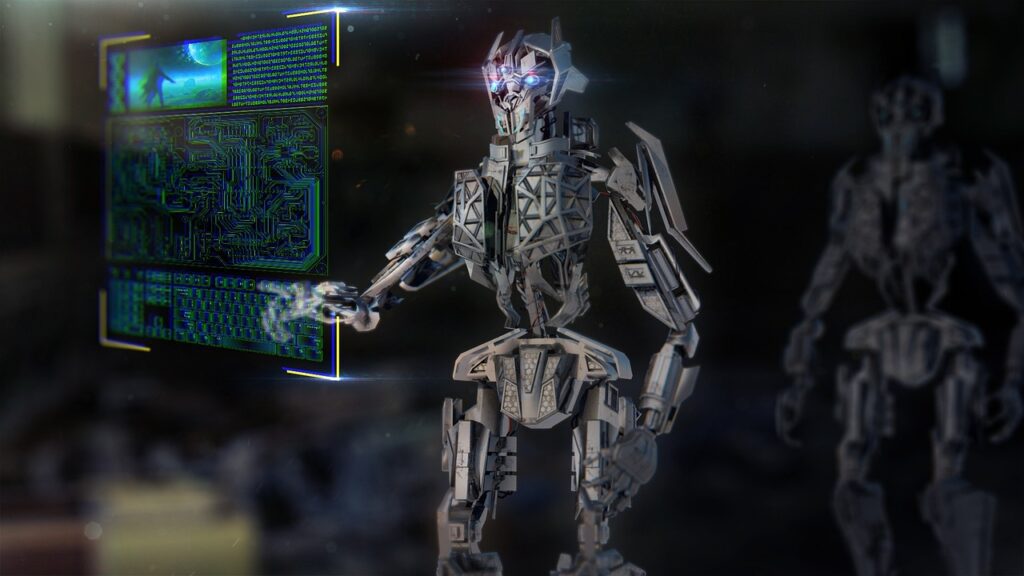The transition from old year to new always brings with it lists of predictions, trends, and general food for thought. I’m not much for making such lists, but I do inevitably end up stumbling upon and reading quite a few. A few I have visited so far and would recommend to others include:
Jeremiah Owyang’s A Complete List of the Many Forms of Web Marketing for 2008 for anyone remotely interested in the Web as a marketing vehicle.
TEDBlog’s list of Web-based ways to make a difference for anyone interested in changing the world (or themselves).
Finally, for those inclined to ponder the big questions that have persisted throughout the ages—and that continue to persist in a postmodern, Web 2.0 form—responses to the Edge’s Annual Question may be of interest. This year’s question is “What have you changed your mind about?” Many of the answers come from those ranked among the intellectual “usual suspects,” but that doesn’t make them any less interesting.
The following are quotes from five of the entries that I have found interesting so far. One significant downside of the Edge site, is that it does not provide a way for readers to comment. Naturally, feel free to comment here at Mission to Learn on any of the quotes below or any of the other entries you may read:
from The Radiant and Infectious Web
I now see that I was naive. Like many others, I mistakenly interpreted a technical structure as a metaphor for human liberty. In recent years, we have seen clear signs that while the Net may be a decentralized communications system, its technical and commercial workings actually promote the centralization of power and control.NICHOLAS CARR
Author, The Big Switch***
from Mother Nature is Not Our Friend
But we know that Nature has no concern for individuals or for species. Those that survive do so despite Her indifference. While the process of natural selection has sculpted our genome to its present state, it has not acted to maximize human happiness; nor has it necessarily conferred any advantage upon us beyond the capacity raise the next generation to child-bearing age. In fact, there may be nothing about human life after the age of forty (the average lifespan until the 20th century) that has been selected by evolution at all.
SAM HARRIS
Neuroscience Researcher; Author, Letter to a Christian Nation***
from What I’ve Changed My Mind About
Now, I was hearing something new. People were more likely to tell me that human beings might be "simulating" their feelings, or as one woman put it: "How do I know that my lover is not just simulating everything he says he feels?" Everyone I spoke with was busier than ever on with their e-mail and virtual friendships. Everyone was busier than ever with their social networking and always-on/always-on-you PDAs. Someone once said that loneliness is failed solitude. Could no one stand to be alone anymore before they turned to a device? Were cyberconnections paving the way to think that a robotic one might be sufficient unto the day? I was not left contemplating the cleverness of engineering but the vulnerabilities of people.
SHERRY TURKLE
Psychologist, MIT; Author, Evocative Objects: Things We Think With
***
from From A Simple Truth To "It All Depends"
I have come to understand that nature needs nurture and the dichotomization of these two influences on development is the wrong way to conceptualize their mutual influences on each other. Our brain structures and functions reflect and direct our life experiences, which create feed back loops that alter the hormones we secrete and how we select environments. Learning is a biological and environmental phenomenon.
DIANE F. HALPERN
Professor, Claremont McKenna College; Past-president, American Psychological Association; Author, Sex Differences in Cognitive Abilities***
from The source of long term power
Who eventually survives will be largely driven by understanding and applying digital and life code, by creating robots and nanomaterials, by working inconceivably large data sets and upgrading our brains. Meanwhile many U.S. leaders proudly proclaim no evolution and little knowledge of science. They reflect a core of scared voters experiencing massive disruption and declining wages; that core fears elite education, science, immigrants, open borders, and above all rapid change. As income and knowledge gaps widen, many fall further and further behind; many grow to hate an open, knowledge driven economy. Change is rejected, blocked, vilified.
JUAN ENRIQUEZ
CEO, Biotechonomy; Founding Director, Harvard Business School’s Life Sciences Project; Author, The Untied States of America
Happy New Year,
JTC




